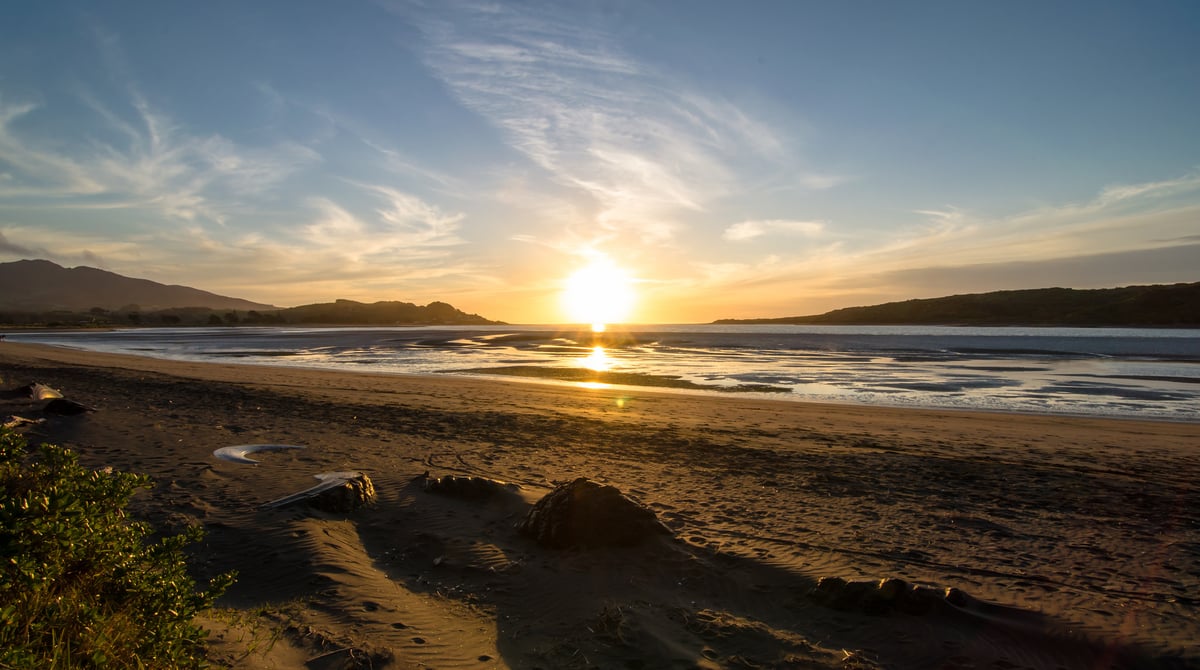In praise of Flickr

Matt Haughey comes not to bury Flickr, but to praise it.
Flickr represents one of the very best of things in the history of the internet. It was the first popular way to share photos in a social way instead of photos lingering in private accounts online and in the real world in shoeboxes under beds. It brought millions together and helped kick off first the digital SLR revolution, then it was eclipsed by the mobile photography revolution. Flickr—despite being a big corporate entity—embraced open licensing and took on the ambitious goal of being a mirror and gallery for oodles of museums around the globe.
Those values that drove Flickr during its influential peak can be seen in its Explore page, which still knocks your socks off. Matt calls it “an entire year’s worth of epic shots from National Geographic, generated each day, automatically by algorithms.”
Lots of wondrous shots from places I’ve never heard of. Lots of “how’d they even get that shot?!” photos of animals… Instagram has an explore tab but it’s popular music and tv stars and their dogs or it’s brand advertising-driven shots cooked up to sell something. There’s something so completely boring about Instagram’s explore page that makes me ignore it and go back to my friend feeds, whereas Flickr is the opposite: my friend feed is largely silent, but the best of the best page is truly awe-inspiring and at least one photo each day is going to take my breath away.
It is bizarre to think now that Flickr was only active for about a year before it was acquired by Yahoo. For those of us who were on the site then, that year felt like everything.
Jason’s first post that mentions Flickr is from March 2004. He wonders whether Flickr could be used as a universal login (much like Facebook, Twitter, and Google accounts are today). Annotation quickly followed. Then calendar view. RSS feed splicing. Organizr. A public API. The interestingness algorithm. Prints. It was step-by-step, bit-by-bit, but every new feature was a milestone. It excited people, and got them thinking and working on what was next.
Jason even has a remarkable post from August 2004 where he imagines an entire web-based operating system linking different services together:
To put this another way, a distributed data storage system would take the place of a local storage system. And not just data storage, but data processing/filtering/formatting. Taking the weblog example to the extreme, you could use TypePad to write a weblog entry; Flickr to store your photos; store some mp3s (for an mp3 blog) on your ISP-hosted shell account; your events calendar on Upcoming; use iCal to update your personal calendar (which is then stored on your .Mac account); use GMail for email; use TypeKey or Flickr’s authentication system to handle identity; outsource your storage/backups to Google or Akamai; you let Feedburner “listen” for new content from all those sources, transform/aggregate/filter it all, and publish it to your Web space; and you manage all this on the Web at each individual Web site or with a Watson-ish desktop client.
Think of it like Unix…small pieces loosely joined.
That last part didn’t come true; the pieces didn’t join so much as fuse together into something new. The companies listed either took over the world, faded into relative obscurity, or stopped existing (at least for a little while). And then there’s Flickr — which didn’t do any of those things, but changed how we use the web forever.
I usually say that platforms stop being vital, even if they continue to have lots of users, when the platforms stop getting better. It’s a tricky thing: sometimes a ham-handed “improvement” can actually ruin a lot of what made a platform special. Flickr was extraordinarily vital, for years. It still has so much to offer. Sometimes there’s something reassuring about a tool that’s still much the same.
Photo by Tom Hall, via Flickr. Used under a CC-BY license.





Stay Connected